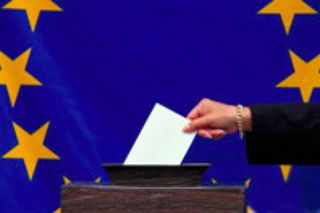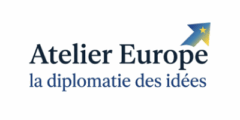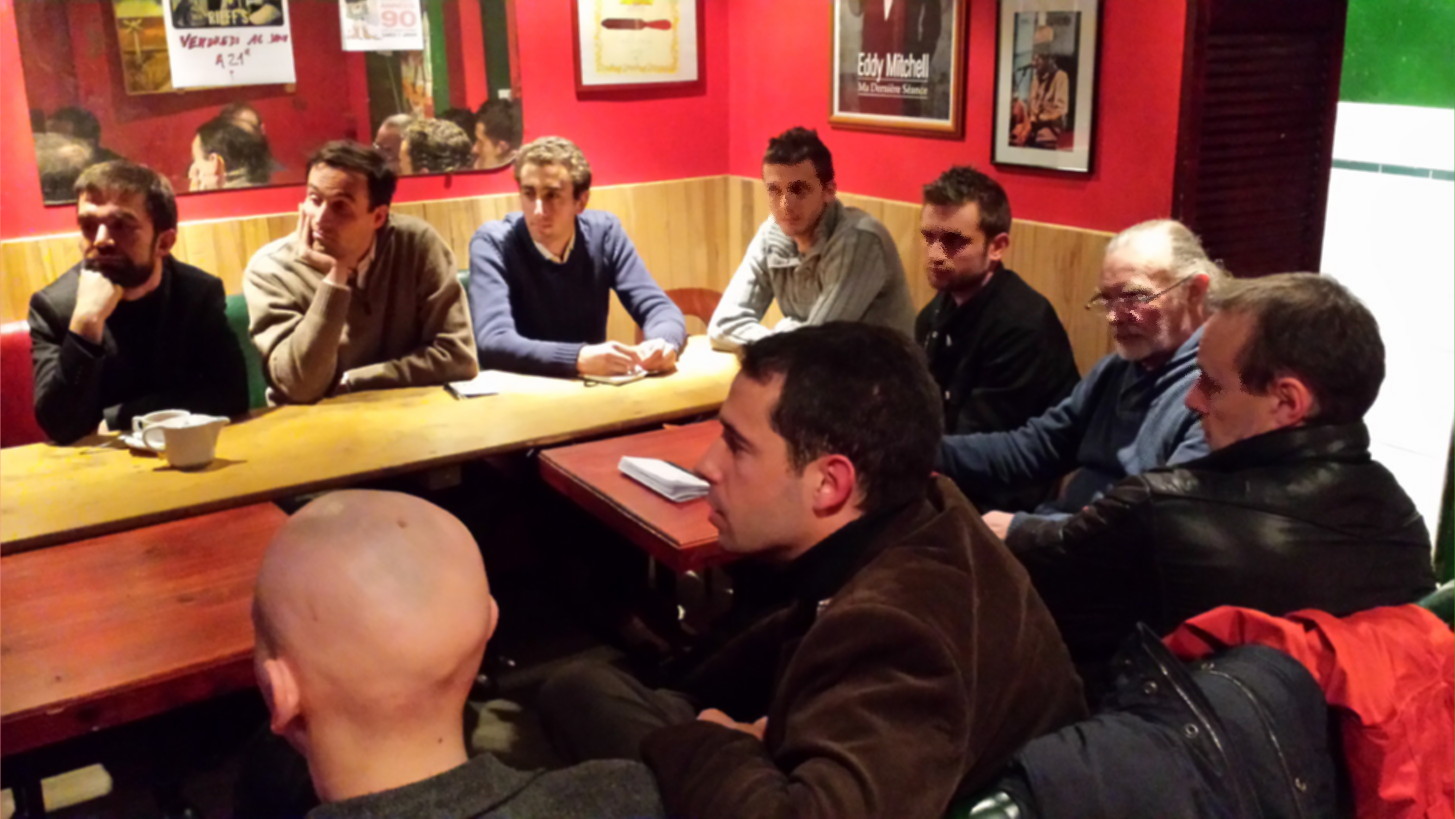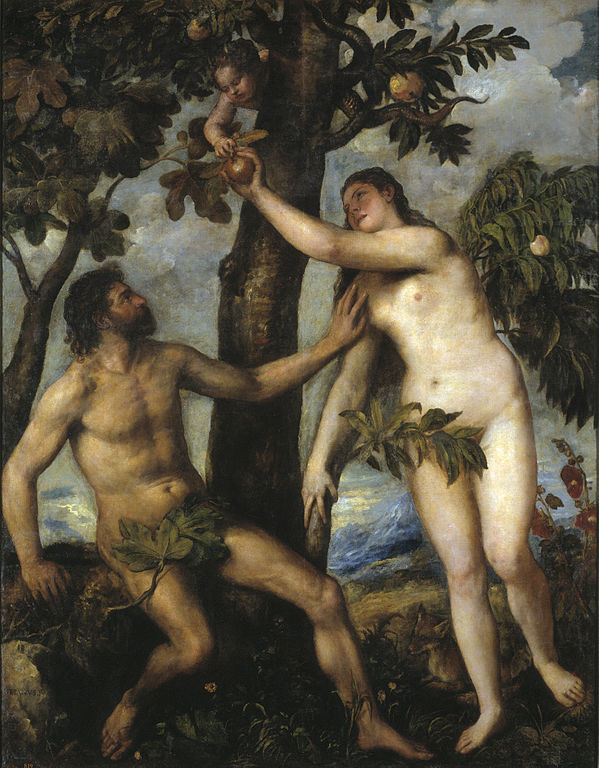 The next European Council (28-29 June 2012) might provide a new step towards deeper EU integration. The French President and some Southern allies will fight hard to get from the Germans the possibility, at least at some point in the future, of Eurobonds. In response, the Lady Chancellor and Herr Schäuble will fire back by claiming for further political integration. “Do you fancy more political integration or are you just interested in German cash? ”, asked the latter in a straight-forward German style! Berlin is right – it’s high time for the European partners, including traditional Europhiles like Italy or Spain, to state clearly whether they would accept a federal step. And every Europhile can be satisfied that, at last, the Hollande-Merkel opposition (Homer or even Merde as The Economist called it a few weeks ago) will remove the Germans from the shyness they had when the unbalanced couple, the so-called Merkozy, was on tour. And force the French, among others, to be more accurate on their real intentions (see past article: Que veut la France?).
The next European Council (28-29 June 2012) might provide a new step towards deeper EU integration. The French President and some Southern allies will fight hard to get from the Germans the possibility, at least at some point in the future, of Eurobonds. In response, the Lady Chancellor and Herr Schäuble will fire back by claiming for further political integration. “Do you fancy more political integration or are you just interested in German cash? ”, asked the latter in a straight-forward German style! Berlin is right – it’s high time for the European partners, including traditional Europhiles like Italy or Spain, to state clearly whether they would accept a federal step. And every Europhile can be satisfied that, at last, the Hollande-Merkel opposition (Homer or even Merde as The Economist called it a few weeks ago) will remove the Germans from the shyness they had when the unbalanced couple, the so-called Merkozy, was on tour. And force the French, among others, to be more accurate on their real intentions (see past article: Que veut la France?).
Cards down! Our leaders are now entering the danger zone. There is no certainty that the right decisions will be taken, or even decisions at all, and recent history does not allow any optimistic mood. Far from it. However, there is a sense that a page needs to be turned, it seems that status quo is not possible anymore. Will it be enough? Nobody can predict it, and even the best intentions might not be enough in the current crisis if facts are not consistent with willingness. For instance, François Hollande might be more pro-European than Sarkozy, but the French left’s reluctance to reduce the public spending (and the inability of the right to do it significantly) could be the burial of the Eurozone (by failing to match the Commission’s targets on deficit reductions and increasing the gap with Germany to an unsustainable level).
But, for once in European affairs, let’s be positive and think that the leaders will answer to Mario Draghi’s message on being creative and courageous. Even if that happens, proving an incredible swift on European politics, a new Westphalia without the war, that might not be enough. Indeed, whatever EU leaders call for a federal step, now or in the near future, there will remain a political gap to fill. You don’t build in abstracto a political space. There is still a huge schizophrenia between the political speeches before and after the elections. Once in power, politicians tend to become more pro-EU, but campaigning is always on national solutions. As said in a recent article by Shlomo Ben-Ami (The triumph of politics in Europe), the situation cannot last forever without the risk of a huge backlash from voters.
Everywhere on the continent, Pro-European forces are in a terrible condition. The Christian democrats will soon be like pre-euro crisis species and the liberals and moderates from the political centre are vanishing (except in some rare heavens such as Poland, one of the rare crisis free countries). And it’s not just about crisis. Don’t dare to think that people will accept losing their (national) identity in the hope of money; that’s the common mistake of fallen empires. People need pride and belief, they want to be part of a project where they would feel like stakeholder. Furthermore, in a democratic system, people need to believe that they decide, and nothing can be worse than the current impression that citizens can change leaders but not decisions and/or roads.
We are dealing with tectonic forces, so what could one do? The structural changes facing us are a formidable threat if we don’t decide to commit for our convictions and finally stand up. Time has come for voluntarism. Not just general statements about our common love of stability and prosperity together. Politics is not just about speeches, but time. We need to set objectives where we could gain field. All our energy should be directed to exposing the public to what is really at stake, and how we can get through it. Every opportunity lost increases the risk of failure – in politics, ideas and projects need an awful lot of time to grow.
In that context, one obvious objective for pro-European forces should be to focus on the next battlefield, e.g. the 2014 European elections. The current silence on it is a bad sign. Once again we’ll concentrate on it at the last minute, when it will be too late. Organisation is also key, and this time the clumsy last minute tribute to the European project won’t suffice. Atelier Europe has proposed (among 10 propositions for reforming the Union) to create a platform of federalists gathering independent organisations and political parties to formulate an ambitious program and prepare the ground for the campaign. Whatever the shape it could take, unifying pro-European movements and forcing political parties to take, at least part of, their view on board is a priority. Let’s take the risk to be innovative, being in minority is better than not being at all – and that’s the destiny of any great idea before reaching the majority.
It is obvious that national politicians will need support from external views and organisations to build a proper vision of Europe’s future. Once again, the last elections have sadly shown the inaccuracy of many politicians’ positions. It would be a terrible mistake to consider that people are not ready to hear a different song than the national liturgy. It is the responsibility of leaders to avoid the catastrophe where we are heading towards if we don’t clarify the message and, frankly, if we keep accepting the hiatus between speeches and facts (or national solutions for European issues).
The great responsibility of the pro-European movement is to speak loudly and to do so within the political spectrum. Too often we have been too shy, like the good moderates we are. Indecision is lethal in the face of history. We need to push harder and to force the solution right onto the political stage. If we fail to do so, Europe is heading straight towards a dead end – even if the political leaders decide to move on. Then they might be sanctioned by voters who refuse that decisions are taken elsewhere but in the poll station. European politics needs to touch base, to connect with people. And there is no miracle to achieve that. Campaigning, again and again, is the only solution. 2014 is tomorrow, let’s start as soon as possible, it is only by doing so that we refuse to be the spectators of our own fate.
Never again, we used to say.
JC




